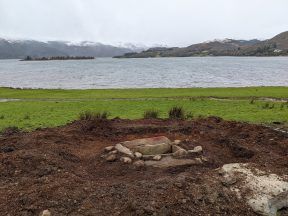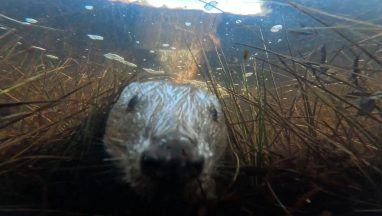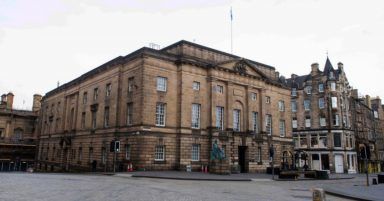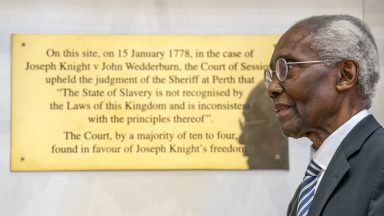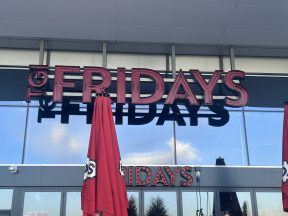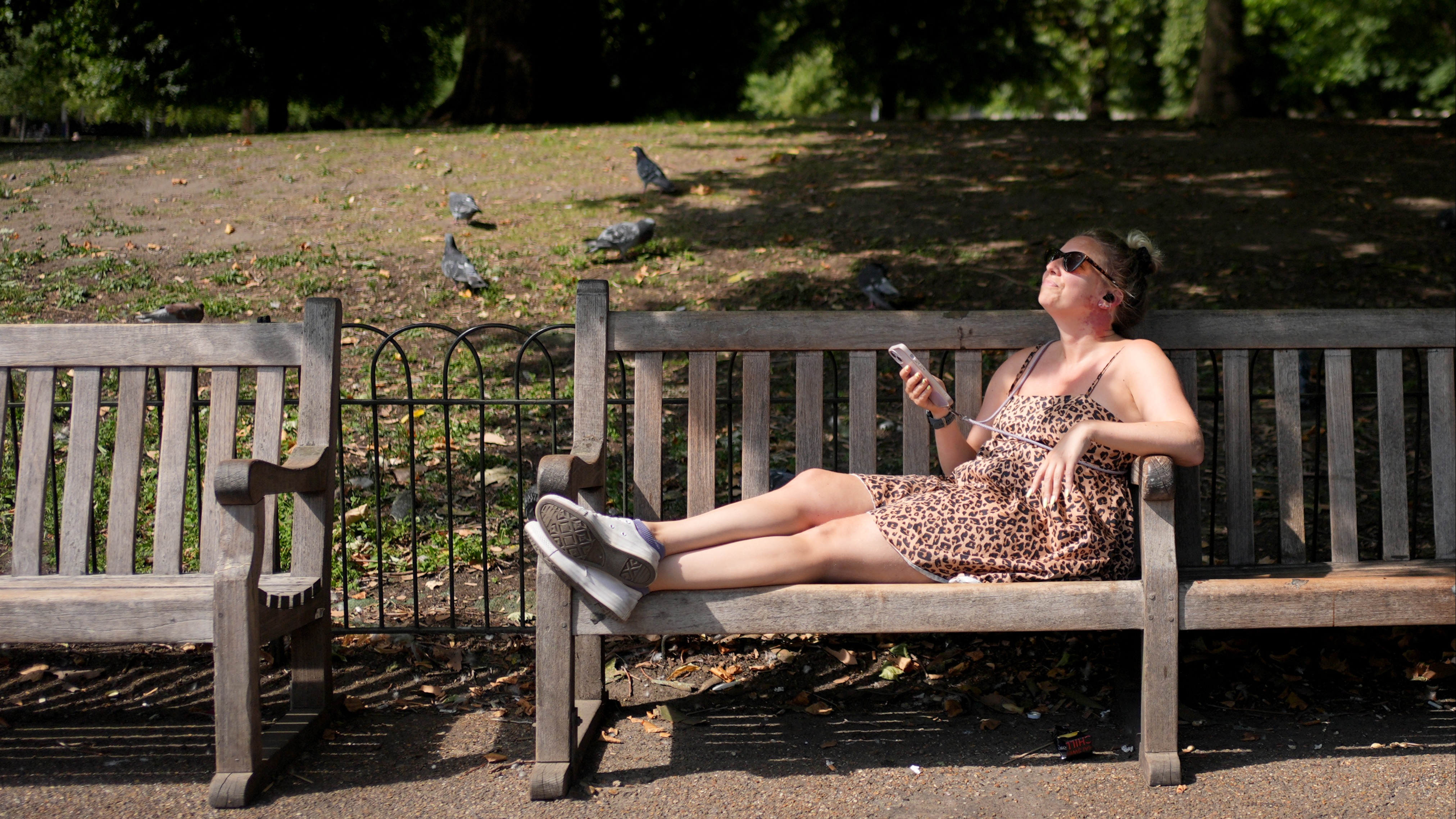A bid to turn a village’s only pub into a flat has been knocked back by Fife Council.
Plans had been submitted earlier this year to transform the Braefoot Tavern in Kinglassie – one of Fife’s last remaining Gothenburg public houses – into a two-bedroom flat.
However, the local authority has refused the change of use application from owners Tom and Margo Brooksbank – suggesting the “valuable community resource” needed to be safeguarded.
Papers lodged with the council in support of the application showed that the pub had been on the market with a £250,000 price tag after the owners said it was no longer viable as a business.
Mr and Mrs Brooksbank have been at the helm of the pub for the past 11 years, and previously converted the upper floor for residential use.
Nevertheless, planner Brian Forsyth said the loss of the public house would be considered contrary to the adopted FIFEplan Fife Local Development Plan (2017) and the application should be refused.
Mr and Mrs Brooksbank have a right to appeal the decision, having argued that the premises could be converted to residential with no external alterations and can be provided with adequate amenity space.
They had also insisted that the property had been actively marketed and no alternative viable use could be found.
The Braefoot Tavern was one of the region’s Goth bars which were a feature of many mining communities.
The Gothenburg, or Trust Public House movement, was created in Sweden in an attempt to control the consumption of alcohol in the early 19th century.
The trust set up to award licences took 5% of the profits with the remainder going to benefit the local community.
The system quickly spread across Fife and the Lothians, although only a handful of Goth pubs remain in existence across Scotland.
The community ownership fundamental to Goth pubs meant they paid out to support local organisations with annual funding, so they were much more than just places for a pint after a tough shift at the coalface.
Function halls meant they were also the focal point for many events, securing their place at the very heart of the community they served.
George Stenhouse, from Kirkcaldy Civic Society, explained: “They were a huge thing at one stage.
“They were locally owned and rated very highly.
“They may have had sawdust and spittoons, but they weren’t just drinking dens by any manner of means,
“They were very well-run establishments – that was hugely important – with traditional bar staff in formal uniforms.
“Some saw them as drinking dens for working men, but they were alternatives to the pubs and clubs in towns.”
By local democracy reporter Craig Smith
Follow STV News on WhatsApp
Scan the QR code on your mobile device for all the latest news from around the country


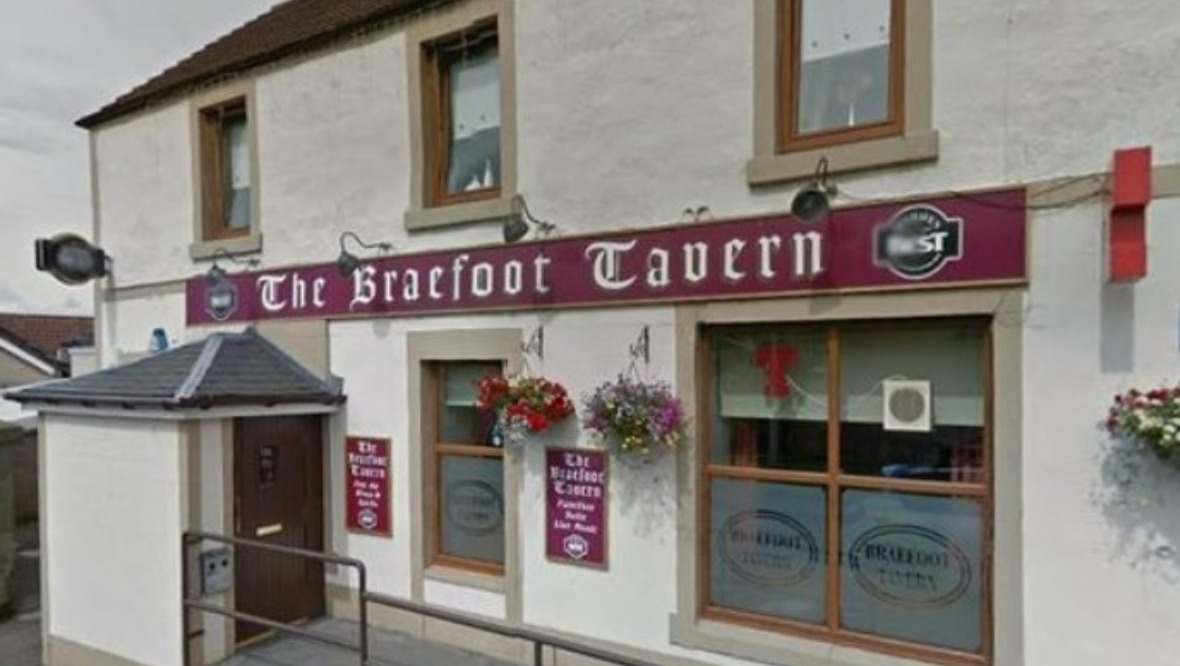 LDRS
LDRS






